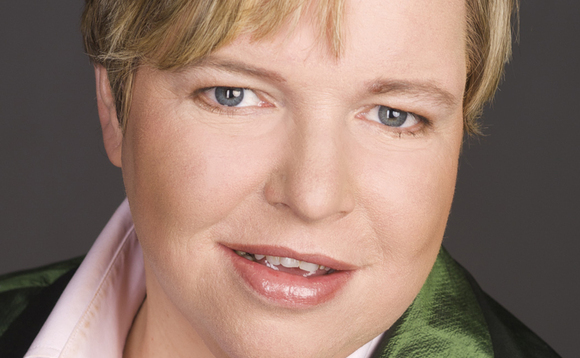
German PE set to suffer tax blow

While German private equity breathes a sigh of relief over AIFMD implementation, a new threat of tough taxation is rearing its head.
A proposed tax adaptation law that, legal experts believe, would introduce a corporation tax on 70% of the net asset value of portfolio companies, was proposed by the Finance Ministry last week. The proposal is part of a newly devised tax law proposal to accompany AIFMD.
The legislation could have dire consequences, if implemented in its current form, for all private equity firms that are legally structured as Kapitalgesellschaft – a group that plays a major part in German private equity firm structures, particularly in the Mittelstand.
"We have to prevent new tax regulations from counteracting all the positive developments surrounding the AIFMD implementation," says Matthias Kues, CEO of Nord Holding and chairman of the BVK board. In a more positive tone he adds: "We (the BVK) have achieved a lot in terms of influencing the AIFMD because we convinced with our good arguments. Here we've got good arguments as well, and we hope that these will prevail."
The BVK's efforts over the summer to adapt AIFMD into a less hostile regulatory regime certainly paid off. BVK managing director Ulrike Hinrichs says, "The issues that worried us are not present anymore in this new draft. The first draft contained political issues that we simply couldn't accept. This has changed significantly. Now we are seeing a few technical glitches but that's normal for a second draft. We are just grateful that we were given the chance to explain our position to make the government understand that it mustn't push our industry off the beaten track."
The attempt to prevent non-institutional investors from investing in private equity funds was scrapped, as was a controversial restriction on investments in financial products. A new group of so-called semi-professional investors, including family offices and the GPs themselves, was instated, which salvaged a much needed investor base. The exemption for funds valued at less than €500m was also reinstated meaning small funds would not be regulated by the directive, however they also wouldn't be able to enjoy the benefits of AIFMD.
The only issue that remained was for third country funds that would still need to invest in a "custodian" or be fully compliant if their investor base was not exclusively made up of institutional investors. This could prove difficult, says Christian Schatz, partner at SJ Berwin. However, he adds, "The big fear that existed in the beginning – that this could be a draft law that could create serious damage to Germany as a fund location, because funds would not be able to access their investor base anymore and thus are forced to leave – has been removed."
Kues says: "This new version of the draft will not weaken Germany as a private equity location. However, I'd question whether it will strengthen it either. Other factors such as Basel III and Solvency II may yet have quite debilitating consequences on German private equity investors, and so may the potentially damaging new tax law."
On top of Basel III, Solvency II and the proposed tax adaptation law, there is also the issue of VAT-taxed management fees, which could begin to stick out when other regulations are aligned within Europe. "It would be quite a blow to have the same rules and regulations but different VAT treatment," says Schatz. "The motivation to move abroad is still strong among German fund managers but economically speaking it's only worthwhile for bigger funds. We've been trying to point out the issue to the government for a while."
The problem of VAT-taxed management fees has been prevalent in Germany for seven years and its elimination would most likely bring a huge blow to the tax man, thus seems unlikely. However, government sources seem to suggest that a change could be on its way, triggered by a recognised competitive disadvantage of German private equity following the Europe-wide implementation of AIFMD. Germany could still become a competitive player in post-AIFMD Europe.
The German Investment Code's revised draft has passed Cabinet and is now being scrutinised in the German parliament. The code is expected to be passed into law in the summer of 2013.
Latest News
Stonehage Fleming raises USD 130m for largest fund to date, eyes 2024 programme
Sponsor acquired the public software group in July 2017 via the same-year vintage Partners Group Global Value 2017
Stonehage Fleming raises USD 130m for largest fund to date, eyes 2024 programme
Czech Republic-headquartered family office is targeting DACH and CEE region deals
Stonehage Fleming raises USD 130m for largest fund to date, eyes 2024 programme
Ex-Rocket Internet leader Bettina Curtze joins Swiss VC firm as partner and CFO
Stonehage Fleming raises USD 130m for largest fund to date, eyes 2024 programme
Estonia-registered VC could bolster LP base with fresh capital from funds-of-funds or pension funds








